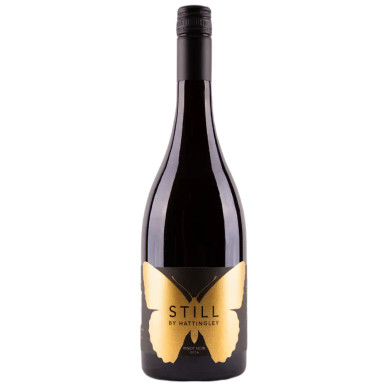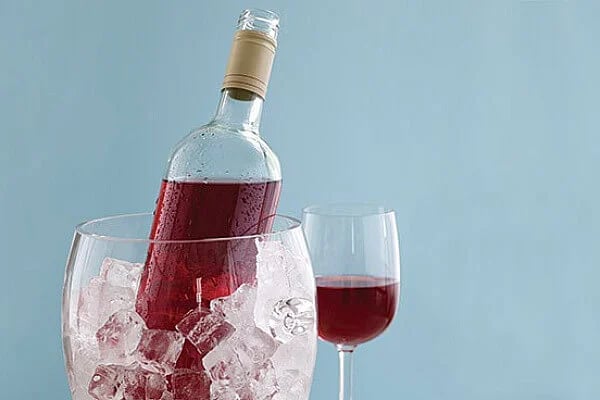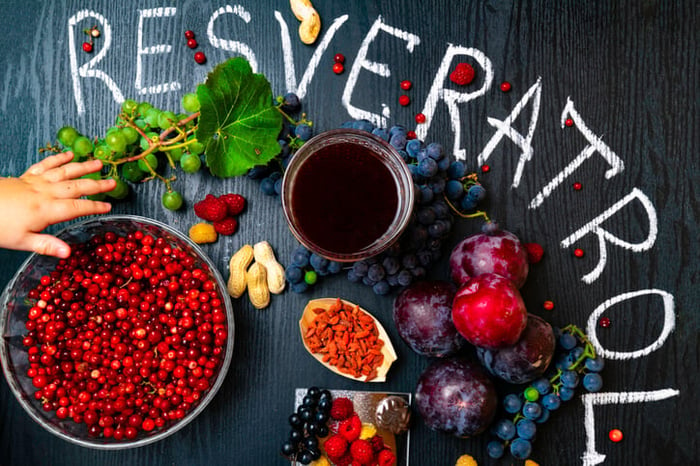
6 Wines to Try for English Wine Week
If you’re a wine enthusiast living in the UK and haven’t tried an English wine by now, where have you been? Our home-grown producers – particularly those in the South of England – are not only making incredible sparkling wines but still too. Rebecca Pitcairn takes a closer look at the southern region and recommends some wines to try this English Wine Week (June 23rd to 29th).
The South East
When it comes to the title of England’s wine capital it’s a competition between Kent, Sussex and Hampshire. Sussex is arguably the heartland and the county responsible for pioneering the sparkling wine movement in the UK thanks to Californian couple Stuart and Sandy Moss, who were the first to identify the potential for the three main Champagne grapes in the UK, planting at Nyetimber in West Chiltington. The county also has the most vineyards in the UK. However, Kent is considered England’s largest wine region with around 1,000 hectares (approx. 2,500 acres), while Hampshire is home to Britian’s oldest commercial vineyard.
Kent: The Wine Garden of England
Home to over 100 vineyards, Kent is considered the Wine Garden of England thanks to its green landscape, fruit growing heritage and long hours of sunshine. Large producers like Balfour, Chapel Down and Gusbourne are the big names here but delve a little deeper and you’ll find great, smaller, independents such as Four Daughters, Cobham House and Whitewolfe, as well as heritage names like Biddenden, which has been making wine since the 1980s. The French have also planted here; Domaine Evremond is Taittinger’s first planting here.
Wine to Try: Biddenden Vineyards Gamay Noir
Biddenden Vineyard Gamay Noir 2022, Kent

£25.00
A small release light red wine, with rich varietal characteristics. This light-bodied, fruity red has tart flavours of cherries and raspberries, making it the ideal...… read more
Out of Stock
While Pinot Noir is grown widely in Britain for sparkling wines (and we’re increasingly producing some wonderful still wines made from Pinot Noir), there are just a handful of vineyards growing Gamay, although the number is gradually increasing.
One of the first was the Barnes family, who planted Gamay Noir at Biddenden Vineyards back in 1985. They only make a Gamay in special years (their signature wine is from the white grape, Ortega) and this, from the advantageous 2022 vintage, is cheerfully fruity on the nose and bursting with juicy flavours of raspberry and cherry. Pair with spicy dishes or chilled with cold cuts and salad.
Sussex: The home of Sussex Sparkling
After The Moss’s plight to put the UK on the map for growing Champagne’s ‘Holy Trinity’ of grapes, two more English wine pioneers – Mark Driver from Rathfinny and Mike Roberts from Bolney Wine Estate – led the charge to create a Sussex Sparkling PDO; the first designation of its kind for English wine. However, prior to Chardonnay, Pinot Noir and Meunier becoming the UK’s hero grapes, Peter Hall planted his Breaky Bottom Vineyard in Lewes, East Sussex, with Seyval Blanc thanks to its ability to ripen in the cooler British climate. He initially built a reputation for making still white wines from the grape but in 1995 made his first 100% sparkling Seyval Blanc wine and his wines continue to impress critics.
Wine to Try: Breaky Bottom Cuvée Marraine Pooks
Breaky Bottom Cuvée Marraine Pooks 2016, Sussex

£49.50
Winemaker Peter Hall looks after 6 hectares in the South Downs national park, he also tends after 40 Lambs that graze the hills and vineyards....… read more
Out of Stock
Each of Breaky Bottom’s wines are named after winemaker Peter Hall’s friends and family. This cuvee, made from 100% Seyval Blanc, is named after his godmother; Marraine is godmother in French and Pooks, or "Pookie" was the affectionate name Peter gave her. Perfectly balanced with crisp apple, pear and zesty lemon with a soft but long finish – pair with oysters.
Hampshire: Where chalk soils meet honourable heritage
While Kent and Sussex might come first in terms of the quantity of wine produced, Hampshire wins the prize for being the oldest – commercially at least. Hambledon Vineyard was founded in 1952 by Major-General Sir Guy Salisbury-Jones, who planted several different grape varieties including Seyval Blanc. The terroir here contains the same Belemnite soil as some of the best Côtes des Blancs plots in Champagne and is also sheltered by the Isle of Wight creating a beneficial micro-climate for growing grapes – particularly Champagne, Pinot Noir and Meunier, which the Seyval was replaced with in the 1990s. The French have planted in Hampshire too – Vranken Pommery Monopole has a site further inland in Aylesford.
Wine to Try: Hattingley Valley Pinot Noir
Hattingley Valley Pinot Noir 2020, Hampshire

£28.50
The first ever red wine made by Hattingley valley. It is a delicate English red wine bursting with aromas and flavours of cherry, raspberry, strawberry...… read more
While Hampshire’s chalk soils might be great for growing grapes for sparkling wine, certain warmer vintages have allowed winemakers to make red wine. From the 2020 vintage at Hattingley Valley this still Pinot Noir is delicate yet bursting with aromas of cherry and red berries with hints of toast, bitter chocolate and a smoky edge. Pair it with stew or a barbecue.
The South West
While the Southeast of England might be considered the modern homeland of English wine, the Southwest is the underdog. Cornwall’s Camel Valley is not just the only English wine brand to have a Royal Warrant, but it has two. Meanwhile, in Devon Sharpham (recently rebranded as Sandridge Barton) has been making wine for over 40 years.
Dorset: The young winemakers of The Jurassic Coast
Skipping over the border from east to west and Dorset has some incredible young winemakers, such as Tommy Grimshaw, head winemaker at Langham Wine Estate (who broke new ground by becoming the UK's youngest head winemaker at the age of 24 and has just launched his own off-shoot English wine brand, Yarn). Dorset’s Jurassic Coast was also where the late wine expert Steve Spurrier (famous for organising the renowned Judgement of Paris competition in 1976) planted vines, at Bride Valley.
Devon: Small but mighty
Devon has more small vineyards (under one hectare) than any other area in the UK, and nestled between two coastlines has a maritime climate that helps to nurture the vines and increases the growing season.
Devon is producing confident, characterful wines, which you can browse in our Devon wine selection.
Wine to Try: Sharpham 'Little Bee' Pinot Gris
Sharpham Pinot Gris Wild Ferment "Little Bee" 2022, Devon

£20.65
This is an exciting depature from the normal style of Sharpham wine. It is the brainchild of the young and dynamic assitant winemaker, Charlie Brown....… read more
The brainchild of assistant winemaker Charlie Brown, this skin-contact wine is quite a departure from the Sharpham estate’s traditional production style but a mark of how the brand is transitioning to the new Sandridge Barton branding. This ‘orange’ wine is made with minimal intervention from start to finish and is bright yet complex with a little grippy tannin that works well with food – particularly Asian flavours like ginger and spring onion.
Cornwall
Cornwall’s mild, temperate climate, long sunny summers and mild winters are great growing conditions for grapes but because Cornwall gets a lot of rain, the vines here are prone to disease. Many producers therefore choose to grow hardier grapes like Bacchus, as well as disease resistant varieties including Ortega and Seyval Blanc, and some, such as Polgoon and Knightor, use polytunnels, enabling experimentation with red grapes not usually grown in the UK.
Wine to Try: Knightor Bacchus
Knightor Bacchus 2019, Cornwall

£21.00
Cornish Wine The autumn of 2019 was cooler than the previous year. This resulted in Bacchus grapes that retained higher acidity levels and lighter body....… read more
Considered England’s signature still grape variety and often compared to Sauvignon Blanc thanks to its distinct aromatics. This is quintessentially British with notes of spring hedgerow with bags of elderflower and gooseberry aromas. Drink it on its own in the sunshine or with a goats cheese salad.
Why not raise a toast to the incredible talent and terroir right on our doorstep this English Wine Week with a glass of something local?

.jpg)


